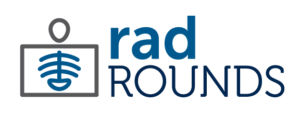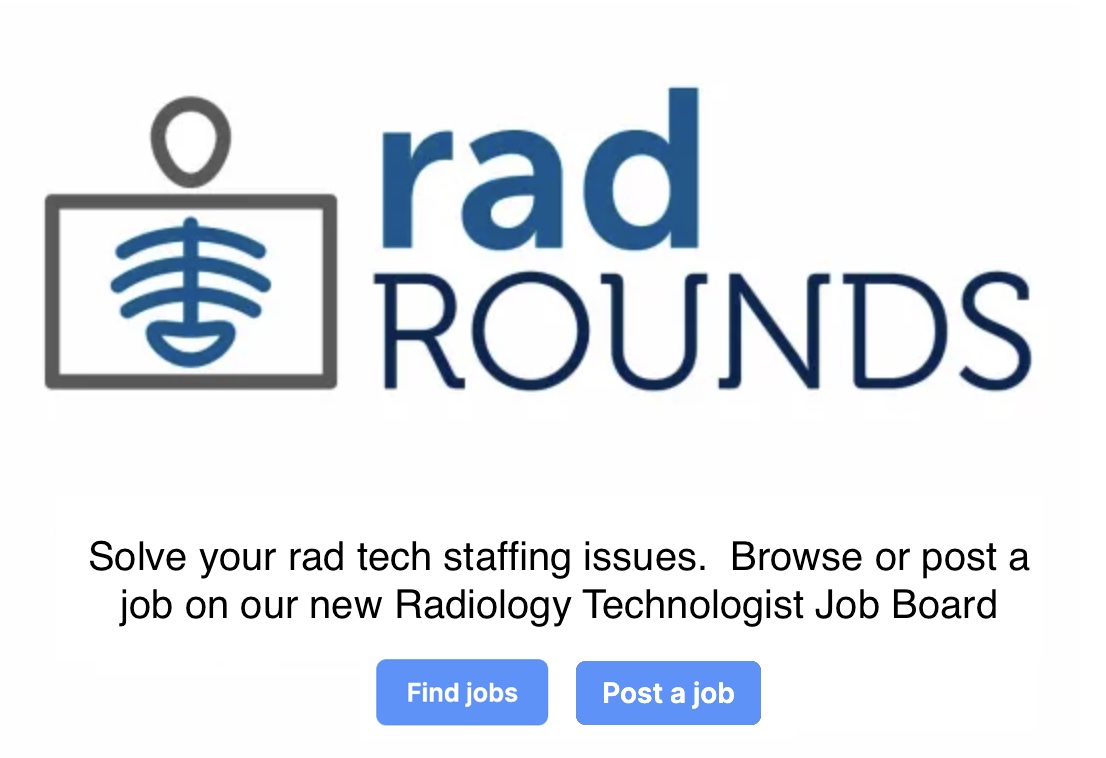Virasox
0 POSTS
0 COMMENTS
Frontline Feed, a crucial resource in various industries, particularly healthcare and emergency services, has garnered significant attention. It serves as a platform for real-time updates, communication, and resource sharing among frontline workers. Despite its importance, some advice about using Frontline Feed can be detrimental. Here’s a look at the worst advice we've ever heard about Frontline Feed and why it's problematic:
1. “Ignore Security Protocols; Speed is More Important”
One of the most dangerous pieces of advice is to prioritize speed over security. While timely updates are crucial, neglecting security protocols can lead to severe breaches. Sensitive information shared on Frontline Feed could be intercepted, leading to privacy violations and potentially endangering lives. It's essential to balance speed with security, ensuring that data is encrypted and access is controlled.
2. “Share Everything, Even Unverified Information”
Another poor piece of advice is to share all information, regardless of its verification status. Spreading unverified information can cause panic, misinformation, and incorrect actions among frontline workers. It is vital to ensure that the information shared is accurate and has been verified by reliable sources. Misinformation can lead to improper use of resources, wrong medical treatments, and overall chaos.
Frontline Feed
3. “Don't Bother with Training; It's Intuitive”
Assuming that all users will intuitively understand how to use Frontline Feed without proper training is a grave mistake. Each platform has its intricacies, and without adequate training, users might misuse it or miss out on critical features. Comprehensive training ensures that users can efficiently navigate the platform, utilize all its functionalities, and maintain communication effectively.
4. “Use Public Networks; They're Convenient”
Advising frontline workers to use public networks for accessing Frontline Feed is incredibly risky. Public networks are often unsecured, making it easy for malicious actors to intercept communications. Using secure, private networks ensures that data remains protected and the integrity of the information is maintained. It's crucial to avoid public Wi-Fi and use VPNs or secure connections.
5. “One Account for All; Share Login Details”
The idea of sharing login details to create a single account for multiple users is fraught with risks. This approach compromises accountability and security. If an issue arises, it becomes impossible to trace who was responsible. Individual accounts with unique login credentials ensure accountability and enhance security, as each user's actions can be monitored and controlled.
6. “Disable Notifications; They’re Distracting”
While constant notifications can be distracting, advising to disable them entirely is counterproductive. Notifications ensure that frontline workers receive timely updates, which can be critical in emergencies. Instead of disabling notifications, it’s better to customize them to filter out non-essential alerts, ensuring that only critical information gets through.
7. “Don’t Bother Updating the System Regularly”
Regular updates to the system are crucial for maintaining security, fixing bugs, and improving functionality. Advising against regular updates can lead to using outdated software with vulnerabilities that could be exploited. Keeping the system updated ensures it remains secure, efficient, and reliable.
8. “Minimal Documentation is Enough”
Minimal documentation might seem like it saves time, but it can lead to confusion and errors. Comprehensive documentation provides clear guidelines on how to use the system, troubleshoot issues, and follow best practices. Detailed documentation ensures that all users can refer to it when needed, reducing the risk of errors.
9. “Frontline Feed is a Replacement for Personal Communication”
Relying solely on Frontline Feed and neglecting personal communication can lead to misunderstandings. While Frontline Feed is a powerful tool for information sharing, it should complement, not replace, direct communication. Personal communication is essential for clarifying doubts, discussing sensitive matters, and building team cohesion.
10. “Overlook User Feedback; We Know Best”
Ignoring user feedback is a significant mistake. Frontline workers are the end-users and their feedback is invaluable for improving the platform. Listening to their experiences and suggestions can lead to enhancements that make the system more user-friendly and effective. User feedback should be actively sought and incorporated into system updates.
In conclusion, Frontline Feed is a vital tool for frontline workers, but poor advice on its use can undermine its effectiveness and security. Ensuring proper security measures, verifying information, providing adequate training, and valuing user feedback are critical for the successful implementation and use of Frontline Feed.
No posts to display
- Advertisement -




